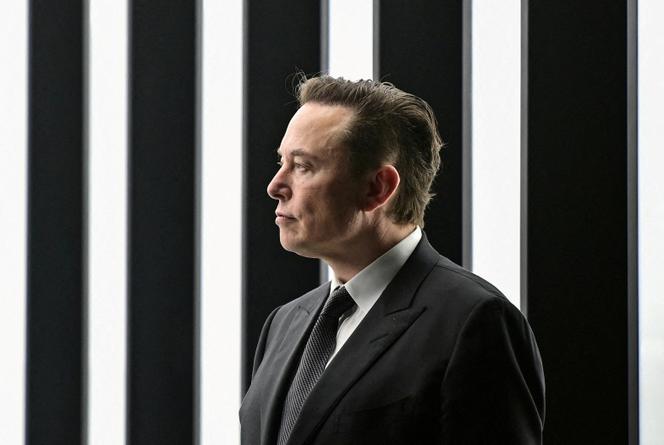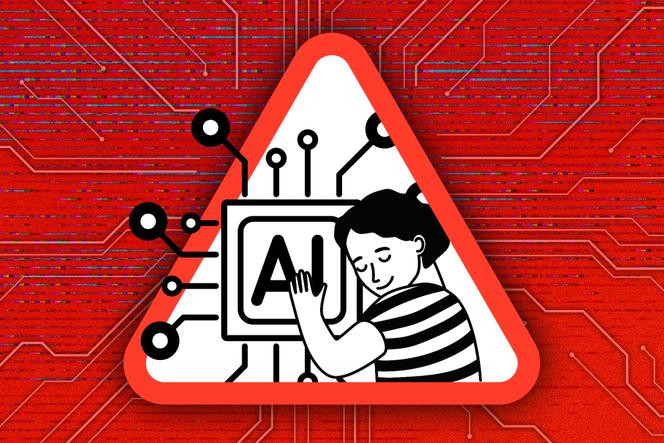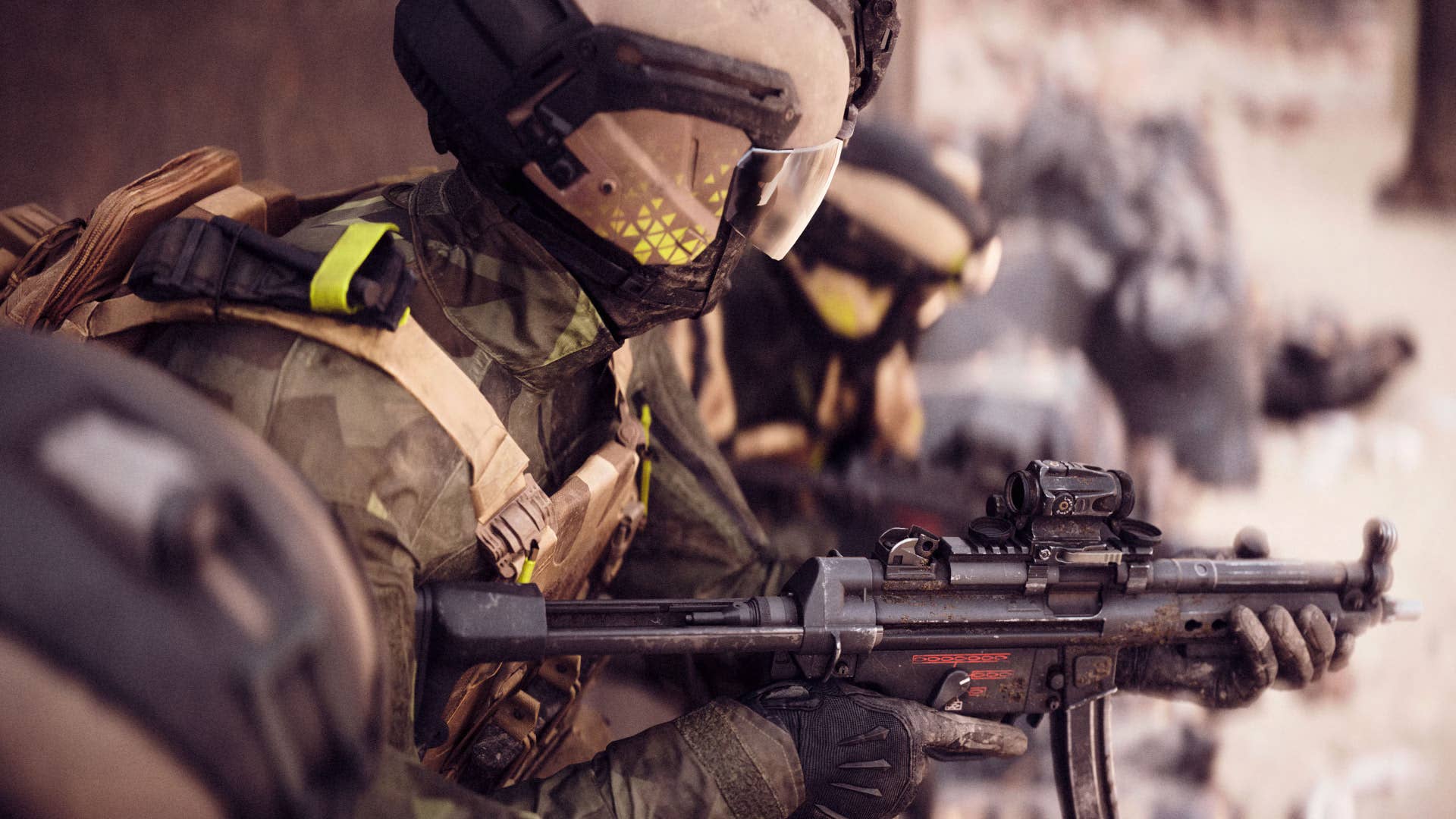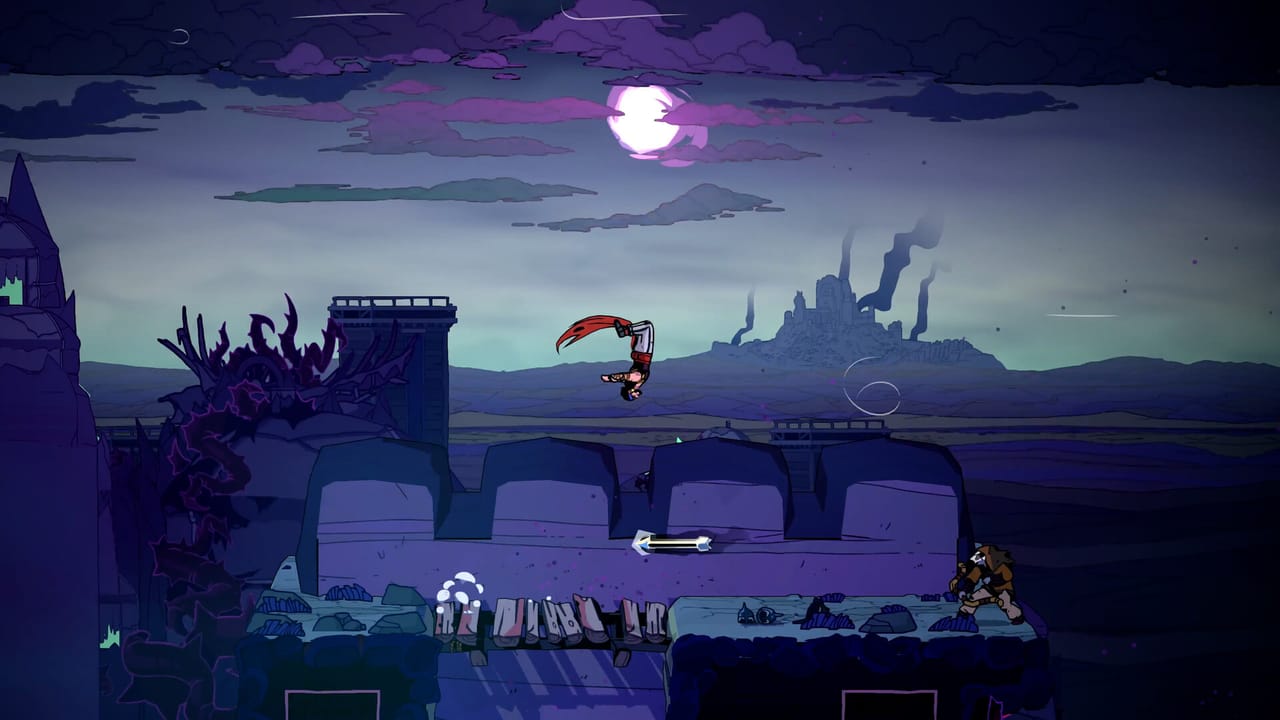Metal Gear Solid Delta: Snake Eater developer interview
Metal Gear Solid Delta: Snake Eater, launching August 28 on PlayStation 5, is a remake of the 2004 PlayStation 2 classic, Metal Gear Solid 3: Snake Eater. I had a conversation with the developers during a Tokyo press event to discuss the upcoming remake and its development process.
Faithfully replicating the thrill and impact of the original
PlayStation Blog: How important was it to your team to create a game that stayed true to the original?
Noriaki Okamura: We began this project with the intention of bringing a 20-year-old game to the present day. While we updated the graphics and certain game mechanics to ensure today’s players could fully enjoy the experience, we wanted to stay true to the original as much as possible.
What challenges did your team face during development, and what specific adjustments were implemented?
Okamura: I had no intention of altering the original story, so I insisted that we can just update the game graphics. Korekado disagreed and warned me that that approach will not work, but I initially had the team re-create the game just with new character models. Although the graphics improved, they appeared doll-like and unrealistic, so I finally realized that my plan was inadequate.
Yuji Korekado: We began by reworking the animation and game mechanics. We implemented animation programming that didn’t exist two decades ago to make the game more realistic, but that also meant we couldn’t reproduce the original game mechanics. Metal Gear is a stealth game, so it’s crucial for players to be able to make precise movements. We put in a lot of effort to replicate the same feel as the original, while maintaining realism.
Are there any areas of the game that you wanted to recreate as faithfully as possible?
Korekado: We made sure that the jungle looked as realistic as possible. We devoted a lot of time modeling every fine detail like leaves, grass, and moss covering the ground. Since the perspective shifts along with the character’s movements, players will get a closer look at the ground when they’re crouching or crawling. To make sure the environment was immersive from every angle, we carefully crafted every element with great precision.
Have any enhancements been made compared to the original PS2 version?
Korekado: We enhanced the visuals to be more intuitive. Thanks to increased memory and much faster speeds the user experience has improved significantly, including faster transitions to the Survival Viewer or having a quick menu to swap uniforms. On top of that, the audio improvements are remarkable. Sound absorption rates vary depending on the materials of the walls and floors, which allows players to detect enemies behind walls or nearby animals intuitively. In areas like caves and long corridors, unique echo parameters help distinguish different environments, which I think is a major advancement for stealth gameplay.
Extra content for players to enjoy diverse gameplay
The remake features Fox Hunt, a new online multiplayer mode. Why did you include this in the game instead of Metal Gear Online?
Yu Sahara: The remake features significantly enhanced graphics, so we explored various online modes that aligned with these improvements. We decided to focus on stealth, sneaking, and survival, since those are also the key pillars of the main game. We landed on a concept that is based on hide-and-seek, that is classic Metal Gear, while also being reminiscent of the stealth missions featured in the earlier MGO.
Can players earn rewards by playing the Fox Hunt mode?
Sahara: While there are no items that can be transferred to the main game, players can unlock rewards like new camouflage options by playing Fox Hunt multiple times.
Were there any challenges or specific areas of focus while remaking Snake vs Monkey mode?
Taiga Ishigami: Our main goal was to make Pipo Monkey even more charming, cute, and entertaining. We developed new character actions, including the “Gotcha!” motion, and each animation and sound effect were carefully reviewed to ensure it captured Pipo Monkey’s personality. If anything felt off, we made changes right away.
I heard the new Snake vs Monkey mode features an Astro Bot collab.
Ishigami: Yes, a couple of bots from the Astro Bot game will make an appearance, and you can capture them just like the Pipo Monkeys. Capturing these bots isn’t required to finish the levels, but you’ll receive unique rewards if you do. Depending on the level, either a standard bot or a Pipo Monkey bot will be hidden away, so be sure to keep an eye out for them.
Do you have any final words for new players as well as longtime fans of the original game?
Okamura: I rarely cry when playing games, but I remember bawling my eyes out while playing the original Metal Gear Solid 3. The development of Metal Gear Solid Delta: Snake Eater was driven by our goal to faithfully capture the impact and thrill that players felt two decades ago. Metal Gear Solid 3 is the ultimate example of storytelling in games, and having dreamed of making a game like this, I now feel a sense of fulfillment. I hope everyone enjoys the story as much as I do.
Metal Gear Solid Delta: Snake Eater arrives on PS5 on August 28.
Read a new hands-on report with the game.
#metal #gear #solid #delta #snakeMetal Gear Solid Delta: Snake Eater developer interview
Metal Gear Solid Delta: Snake Eater, launching August 28 on PlayStation 5, is a remake of the 2004 PlayStation 2 classic, Metal Gear Solid 3: Snake Eater. I had a conversation with the developers during a Tokyo press event to discuss the upcoming remake and its development process.
Faithfully replicating the thrill and impact of the original
PlayStation Blog: How important was it to your team to create a game that stayed true to the original?
Noriaki Okamura: We began this project with the intention of bringing a 20-year-old game to the present day. While we updated the graphics and certain game mechanics to ensure today’s players could fully enjoy the experience, we wanted to stay true to the original as much as possible.
What challenges did your team face during development, and what specific adjustments were implemented?
Okamura: I had no intention of altering the original story, so I insisted that we can just update the game graphics. Korekado disagreed and warned me that that approach will not work, but I initially had the team re-create the game just with new character models. Although the graphics improved, they appeared doll-like and unrealistic, so I finally realized that my plan was inadequate.
Yuji Korekado: We began by reworking the animation and game mechanics. We implemented animation programming that didn’t exist two decades ago to make the game more realistic, but that also meant we couldn’t reproduce the original game mechanics. Metal Gear is a stealth game, so it’s crucial for players to be able to make precise movements. We put in a lot of effort to replicate the same feel as the original, while maintaining realism.
Are there any areas of the game that you wanted to recreate as faithfully as possible?
Korekado: We made sure that the jungle looked as realistic as possible. We devoted a lot of time modeling every fine detail like leaves, grass, and moss covering the ground. Since the perspective shifts along with the character’s movements, players will get a closer look at the ground when they’re crouching or crawling. To make sure the environment was immersive from every angle, we carefully crafted every element with great precision.
Have any enhancements been made compared to the original PS2 version?
Korekado: We enhanced the visuals to be more intuitive. Thanks to increased memory and much faster speeds the user experience has improved significantly, including faster transitions to the Survival Viewer or having a quick menu to swap uniforms. On top of that, the audio improvements are remarkable. Sound absorption rates vary depending on the materials of the walls and floors, which allows players to detect enemies behind walls or nearby animals intuitively. In areas like caves and long corridors, unique echo parameters help distinguish different environments, which I think is a major advancement for stealth gameplay.
Extra content for players to enjoy diverse gameplay
The remake features Fox Hunt, a new online multiplayer mode. Why did you include this in the game instead of Metal Gear Online?
Yu Sahara: The remake features significantly enhanced graphics, so we explored various online modes that aligned with these improvements. We decided to focus on stealth, sneaking, and survival, since those are also the key pillars of the main game. We landed on a concept that is based on hide-and-seek, that is classic Metal Gear, while also being reminiscent of the stealth missions featured in the earlier MGO.
Can players earn rewards by playing the Fox Hunt mode?
Sahara: While there are no items that can be transferred to the main game, players can unlock rewards like new camouflage options by playing Fox Hunt multiple times.
Were there any challenges or specific areas of focus while remaking Snake vs Monkey mode?
Taiga Ishigami: Our main goal was to make Pipo Monkey even more charming, cute, and entertaining. We developed new character actions, including the “Gotcha!” motion, and each animation and sound effect were carefully reviewed to ensure it captured Pipo Monkey’s personality. If anything felt off, we made changes right away.
I heard the new Snake vs Monkey mode features an Astro Bot collab.
Ishigami: Yes, a couple of bots from the Astro Bot game will make an appearance, and you can capture them just like the Pipo Monkeys. Capturing these bots isn’t required to finish the levels, but you’ll receive unique rewards if you do. Depending on the level, either a standard bot or a Pipo Monkey bot will be hidden away, so be sure to keep an eye out for them.
Do you have any final words for new players as well as longtime fans of the original game?
Okamura: I rarely cry when playing games, but I remember bawling my eyes out while playing the original Metal Gear Solid 3. The development of Metal Gear Solid Delta: Snake Eater was driven by our goal to faithfully capture the impact and thrill that players felt two decades ago. Metal Gear Solid 3 is the ultimate example of storytelling in games, and having dreamed of making a game like this, I now feel a sense of fulfillment. I hope everyone enjoys the story as much as I do.
Metal Gear Solid Delta: Snake Eater arrives on PS5 on August 28.
Read a new hands-on report with the game.
#metal #gear #solid #delta #snake


















